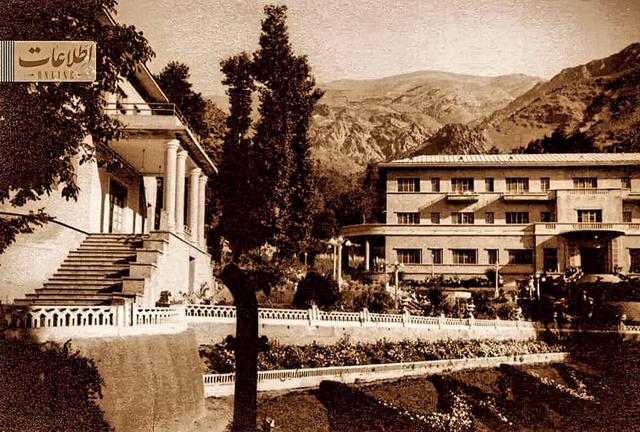Conversations drifted from politics to poetry, from the latest European films to the revival of Persian art and culture. Foreign guests, often stationed in Tehran for diplomatic or business work, found the hotel an ideal retreat from the formalities of the capital. The staff, known for their warmth and discretion, created an atmosphere that felt both distinctly and effortlessly international. By the mid-1970s, Tehran was transforming quickly — new highways, luxury hotels, and modern shopping centers were reshaping the city.
Yet the Darband Hotel retained its timeless appeal. It represented an older rhythm of leisure: long afternoons spent with friends, laughter echoing under walnut trees, and late-night walks along the mountain paths where the city’s glow shimmered below. After 1979, many such places of leisure and elegance underwent changes. The Darband Hotel, like much of that era’s hospitality industry, faced a different future. Some say it was repurposed for government or private use; others remember its structure slowly falling silent.


